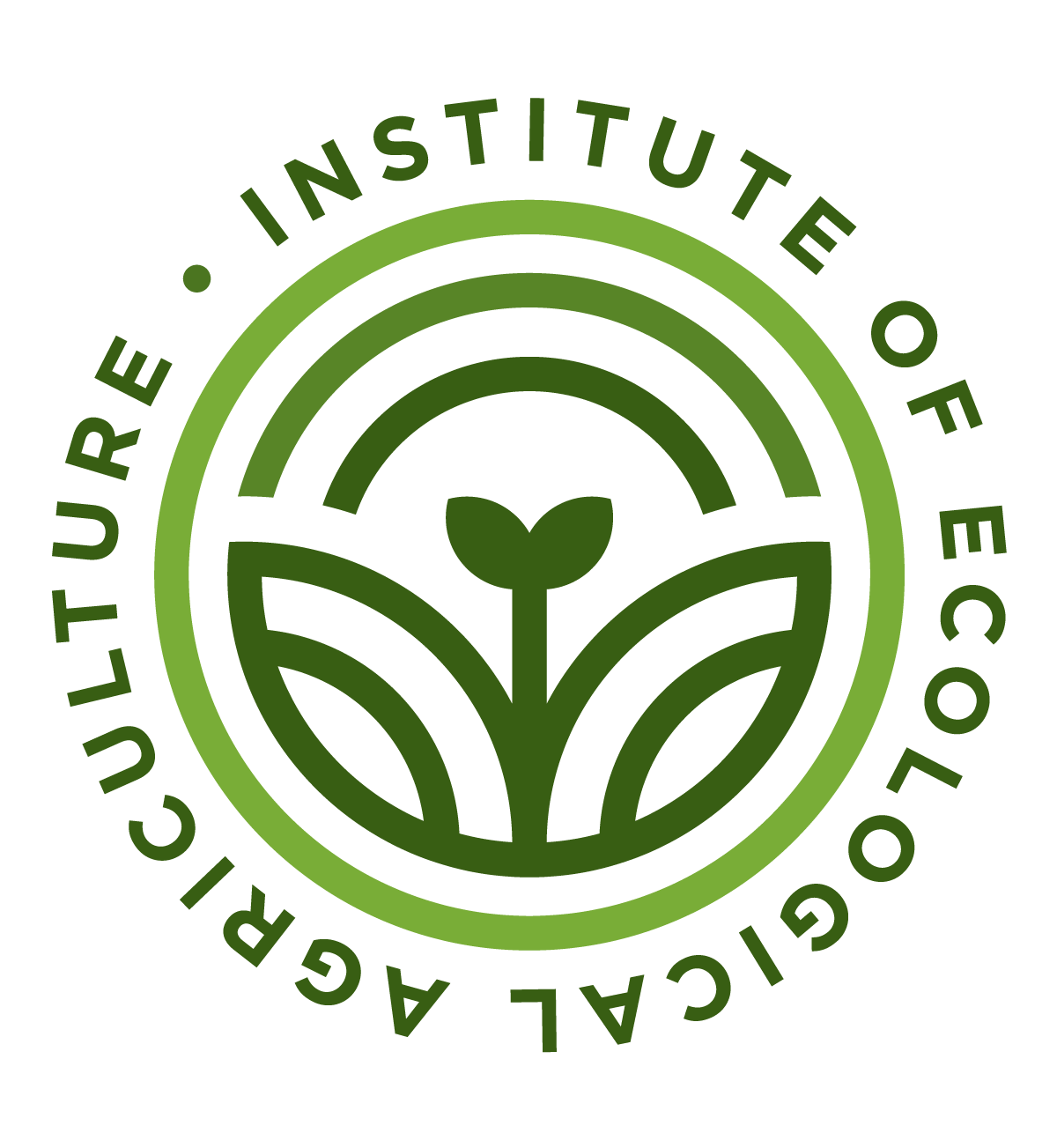
Growing our knowledge for regeneration across four domains
About the knowledge circles
IEA accredited members commit to growing their theoretical and practical knowledge across four domains, referred to as the ‘knowledge circles.’ There are three dimensions to these knowledge circles - heart, head, and hands.
Heart: relating to knowledge with integrity
Two principles guide how we relate to the knowledge circles - these are known as the heart. Abiding by these helps us grow our knowledge with integrity and care for people and nature.
#2 Knowledge comes from listening and reflecting
IEA accreditees practice self-reflection, are humble about what they know and willing to learn. This includes being open-minded to other people’s perspectives and respectful of their beliefs, resolving conflict with others responsibly, and reflecting critically on their own assumptions. This principle is about engaging in knowledge and practice with integrity.
#1 Knowledge grows from relational values
IEA accreditees use their knowledge in alignment with values of care for the earth and people. Relational values derive from specific relationships between people and the rest of nature. These values support identity and cultures that reconnect people with the land. This is at the heart of the accreditation because it moves beyond the what and the how of regeneration to get at the why.
Head & hands: the knowledge circles
Holistic thinking
Holistic thinking means thinking beyond the boundaries of reductionist science, where everything is measured in isolation of everything else. This means considering complex relationships, patterns, and interactions that can lead to unexpected outcomes on the farm. Reductionist thinking can still be implemented, but within the broader context of seeing the social and ecological interrelationships. There are different approaches to holistic thinking. For example, applicants could cite their experience using the Holistic Decision-Making Framework. Aboriginal and Torres Strait Islander applicants could explore their embeddedness in Indigenous Peoples’ relational worldviews.
Ecological literacy
Ecological literacy is about reading landscapes. This includes knowledge of ecological processes, e.g., the water cycle, carbon cycle, mineral cycle, and biodiversity. It includes broad principles of landscape functioning, but also knowledge of specific landscapes and their associations of climate, geology, geomorphology, soils, and native habitats. Being able to monitor ecosystems and listen to the land in formal (e.g., Ecological Outcomes Verification) and informal (e.g., routine observations) ways is crucial. It is a living knowledge that often emerges from interactions with the land. Alongside their practical experience, applicants could cite the completion or partial completion of a relevant tertiary degree (Bachelors, Honours, Masters, PhD), vocational degree (Certificate, Diploma, Advanced Diploma), or short course.
Human ecology
Human ecology is about how humans interact with the rest of nature. It considers the moral and ethical implications of agricultural activities and the role of mindsets and values in shaping decision-making on and off the farm. This includes considering animal sentience, welfare, and behaviour. Applicants can cite their experience supporting positive human-animal relations, e.g., through Low Stress Stock Handling. This knowledge circle also prioritises the overlap between culture and land care, e.g., via cultural burns or traditional ecological knowledges. Natural disasters (fire, drought, flood) and socio-economic disasters (Covid-19, political tensions, war) are becoming more frequent and increasing in severity alongside environmental change. Applicants could demonstrate their experience navigating environmental change (e.g., disaster preparedness and recovery).
Food sovereignty
Food sovereignty is the right of peoples to healthy and culturally appropriate food, to defining their own food system, and producing food using environmentally sustainable practices. The needs of local people producing, distributing, and eating food are prioritised over those of corporations and markets. Applicants should understand issues related to equity and power in agriculture. For example, Indigenous Peoples’ sovereignty; racial parity; land accessibility; the unequal distribution of resources; and over-reliance on external inputs. This knowledge circle is about building social cohesion and community wellbeing through agriculture (e.g., peer support for farmers, public awareness). Applicants can cite experience developing or working in participatory and democratic organisations, e.g., agricultural cooperatives).
IEA President, Dr Ethan Gordon, introduces the Knowledge Circles and their relevance to the IEA Accreditation in the presentation to prospective applicants below. Prospective applicants may also wish to refer to our Heart, Head, and Hands portfolio prompts as a guide to addressing the Knowledge Circles.

